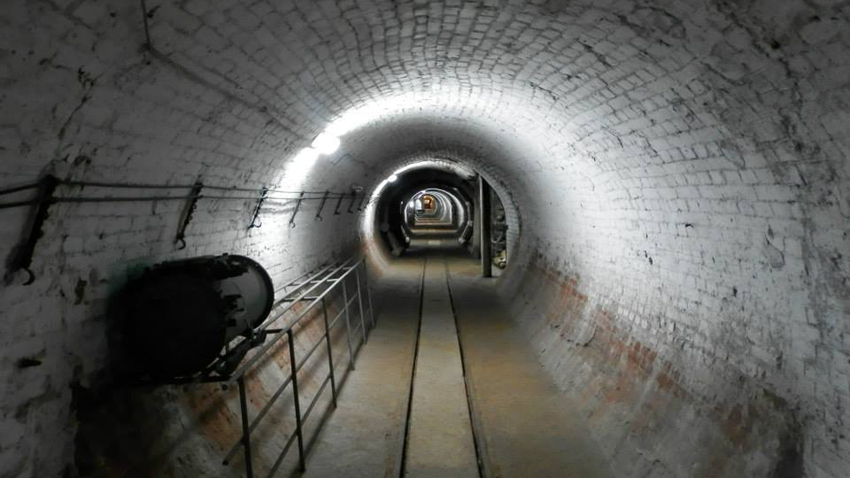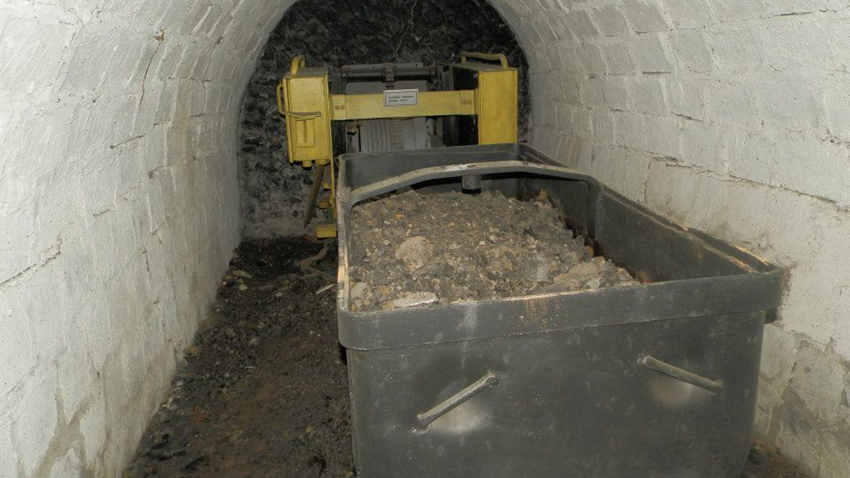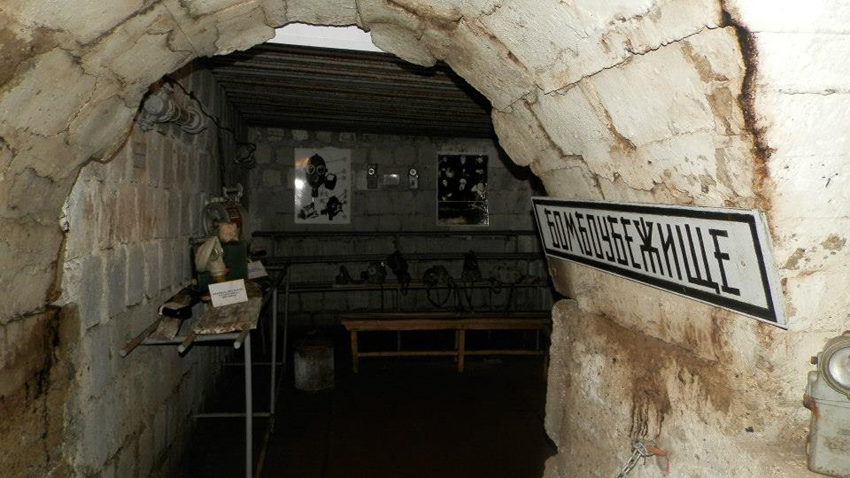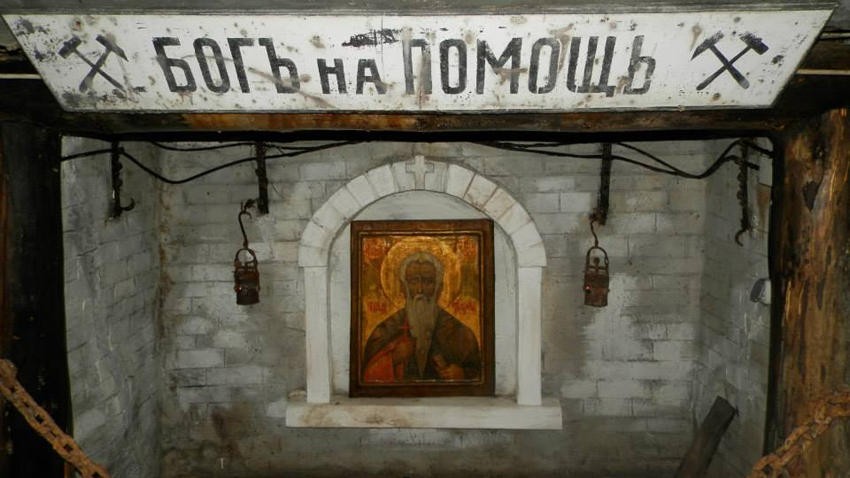The town of Pernik is also known as the Miners' Town, or the town of Black Gold, because it grew and turned into a significant industrial center in Southwestern Bulgaria due to the endeavor of the local miners. The only in Bulgaria and the Balkans Museum of Coal Mining is situated in Pernik. The idea about the establishment of this museum was born back in 1986 when some Bulgarian miners returned to Pernik with impressions from their visit to the Museum of rock-salt in the town of Wieliczka (Poland). The authorities decided to bring the museum to the oldest coal mining gallery, which dates back to 1891. In 1966 this mining gallery ran out of coal and the mine and its old equipment were left there to remind visitors of the difficult job of the Bulgarian miners and become part of the Bulgarian mining history.

It is interesting to note that all visitors must wear helmets, as the museum is situated in a real mining gallery, although no working activities are carried out there at present. The museum consists of a 630 meter-long underground tunnel, where one can learn about the development of Bulgarian coal mining from the time of manual manufacture through the period when coal was transported with horse carts until the modern methods of coal extraction.

The keepers of the Museum of Mining in Pernik spread important information to all tourists. Visitors can enter the museum with a tour guide only if they make their booking in advance. Moreover, the group must consist of 5 to 20 people. For higher convenience, keepers advise visitors to wear jackets as well, because the underground temperature is constantly low, just over 0 degrees C.
A 5 million-old fossilized tree was kept near the entrance of the museum. Experts claim that this is the oldest preserved tree in Europe. The old miners who faced unpredictable danger every time they descended to the mine galleries called this tree the Lucky Tree. They used to touch the tree for good luck, hoping their shift would end without accidents.

In 2013 the Museum of Mining in Pernik became part of the 100 National Tourist Sites. Since then, the tourist flow has been steady all year round. “We even had to work longer hours and keep the museum open on Sundays”, Keeper Emilia Velinova told Radio Bulgaria and added:
“The atmosphere in our museum is different, as compared to the one in other traditional archeological, historical and ethnography museums. The exhibition displays the coal mining in this country. The coal-faces are very interesting, so are the old recesses, where miners once used to extract coal. Over 2,500 people from all across the country visited the museum during the Surva Mummers Festival held one month ago in Pernik. We have a multimedia hall, where we make presentations and show the first documentary dedicated to Pernik and the local miners. In 2012 an iconostasis of Saint John of Rila was placed at the museum. Saint John of Rila is considered the patron saint of Bulgaria and Bulgarian people. The legend has it that once the wonder-worker appeared at the old mine and helped a miner escape from a critical situation. The story impressed the local people a lot. Later they decided to declare Saint John of Rila the Saint patron of Pernik and miners. According to historical evidence, this Bulgarian saint used to travel across these lands and even lived in the caves situated above Pernik Krakra stronghold."

English version: Kostadin Atanasov
Photos: Coal Mining MuseumAn architectural and cultural monument of national importance, the church of Saint George the Victorious in the town of Kyustendil is located at the foot of the nearby Osogovo Mountain, in Kolusha neighbourhood. The study and restoration of..
We do not need to travel thousands of kilometers to reach holy Christian places and “drink from the miraculous well” of Orthodox faith. Hundreds of churches and monasteries were built on Bulgarian territory with the faith and the hope..
A hard-to-reach fortress rose on a solitary ridge, which was towering above the Asenitsa River. This place built high in the rocks was once sheltering Thracians, Romans, Byzantines, Western Europeans, Bulgarians and Ottomans. One..

+359 2 9336 661
